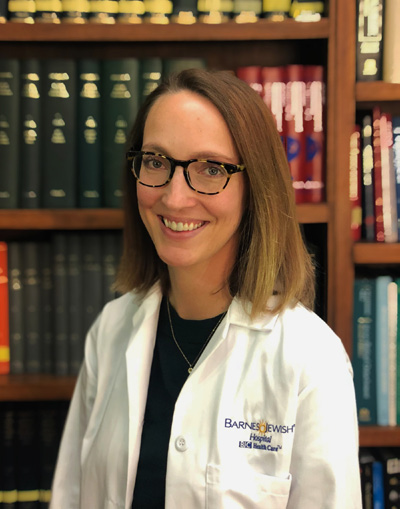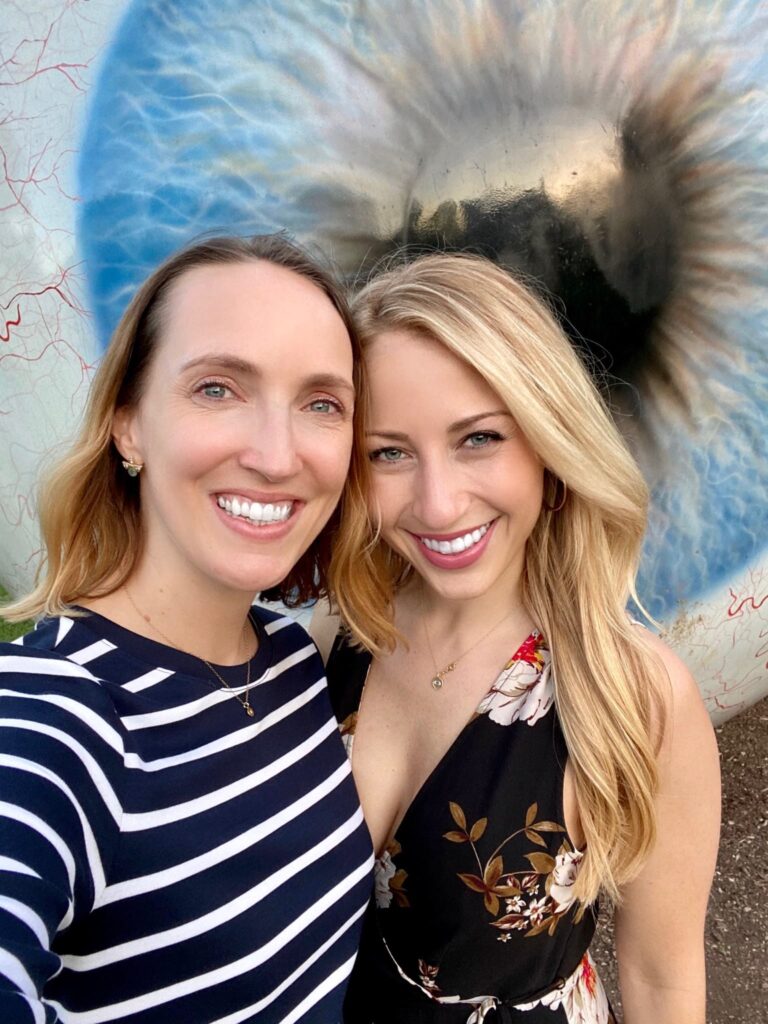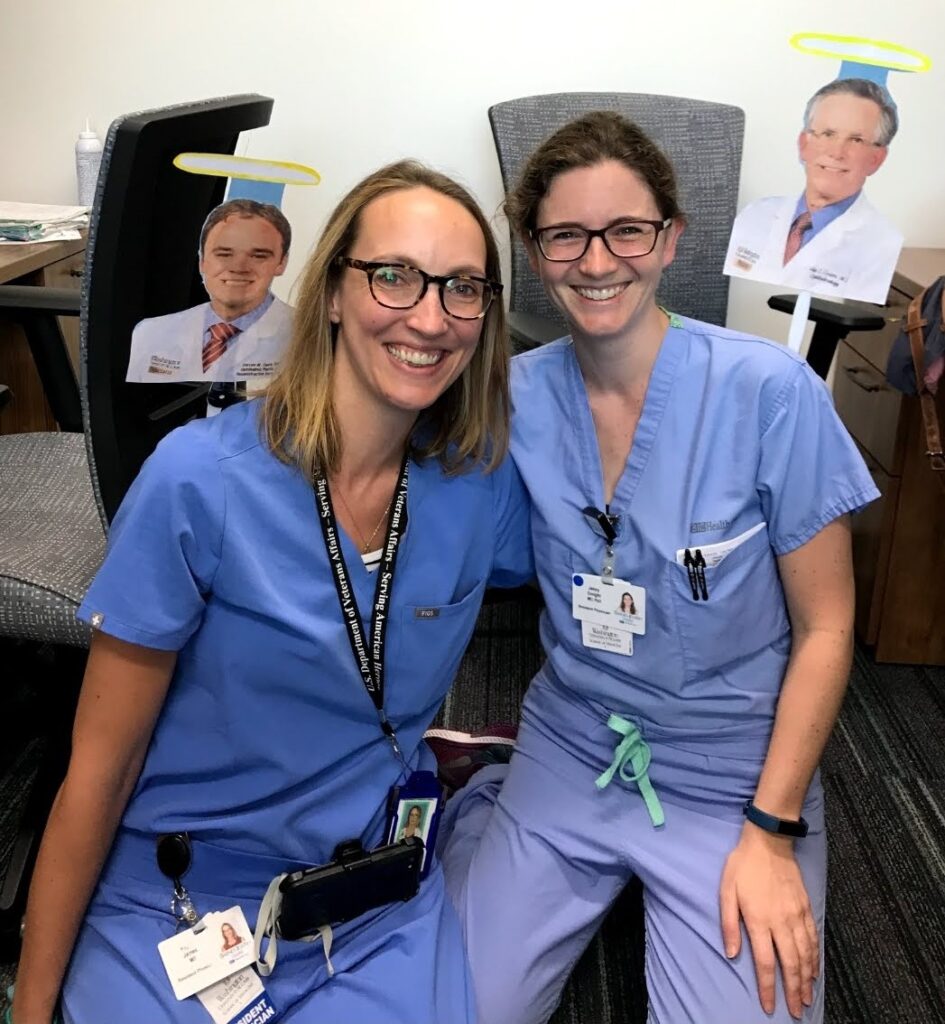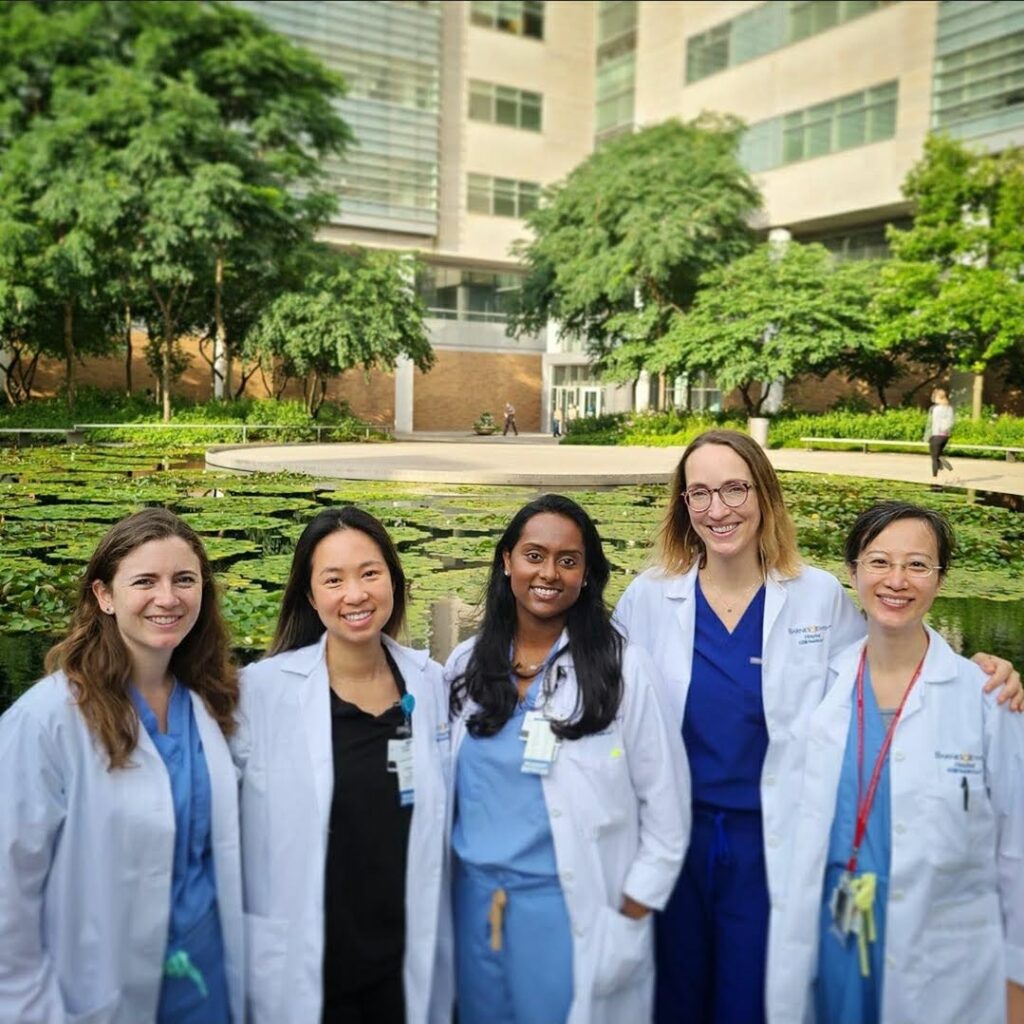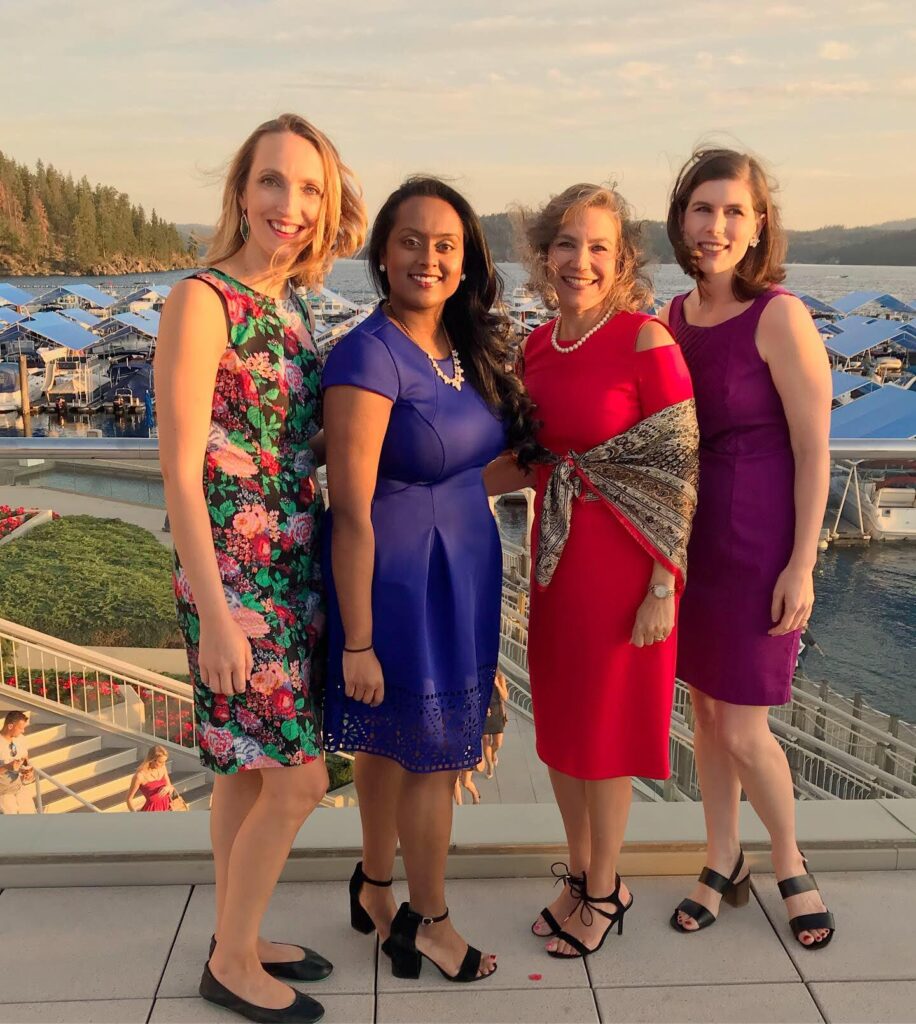Hayley James, MD
(Third Year Resident)
What are your featured plans?
I’ll be doing a 2-year surgical retina fellowship at the University of Kentucky/Retina Associates of Kentucky starting in July. After that, who knows?
Why did you choose Ophthalmology/WashU?
I actually did an away rotation here during my fourth year of medical school and absolutely fell in love with the people. It felt like the perfect combination of strong academics and great clinical/surgical experience with a close-knit, family atmosphere.
What advice would you give to the new residents?
Don’t feel pressured to know everything right off the bat. Definitely read up on your patients and practice your exam and surgical skills, but our program has so much support. If you don’t know something or need help, ask someone! You can go to a co-resident, a senior resident, a fellow, your chief, or even an attending. You aren’t always going to have that safety net after you leave, so you should use this opportunity to learn from everyone you work with. Along those lines, the technicians and staff can also teach you a lot, so be nice to them (and everyone else)!
Favorite memory of your residency?
There are honestly too many to pick from-I have great memories ranging from just hanging out at iTap or 2nd Shift with everyone, to a Nashville trip with my class, to the Women in Ophthalmology meeting, to a recent hiking and swimming trip in some beautiful Missouri state parks.
How did you survive during quarantine?
Walks in Tower Grove Park, take out from Grace Meat + Three and Beast Butcher & Block, group Zooms with my co-residents, and drive-by homemade bread deliveries from Lorely Smith!
How did you deal with the stress of your residency?
I could not have made it through without the support of my co-residents. Whether it was grabbing a beer or dinner to relax or listening to me on the phone after a hard day or celebrating each other’s accomplishments, they were the glue that held me together during this hard, stressful road. Residency gives you another family, and I’m really fortunate we have such a great one here (including faculty, fellows, and staff)!
Favorite thing about living in St. Louis?
St. Louis has so many beautiful outdoor spaces that are free or very low cost to go to-my favorite things to do are to wander around the Missouri Botanical Garden or Tower Grove Park (especially during the Saturday farmer’s market). There’s also a lot of great restaurants and breweries and you get to explore all the personalities of the different neighborhoods in the city by visiting them.
Favorite service and why?
This is probably cheating since they’re all kind of on different services, but I’m picking the VA. We get to work so closely with Dr. Shepherd, Dr. Hong, Dr. Harocopos, and the dearly missed Dr. Vollman, as well as some of the other attendings that volunteer their time to staff our cataracts or the fellows that come to work in the clinic or the OR. It’s not only great learning from them in an informal setting, but we also really get to know them well personally. It’s so nice to work with the people that love teaching so much and to also get the privilege of taking care of our veterans.
Favorite teacher and why?
Dr. Van Stavern. Neuro-ophthalmology is incredibly complex (and by far the scariest thing on call as a senior!), but he manages to make it more approachable during our rotation and our morning case conferences. It’s so helpful going through imaging or the exam with him or hearing his thought process for diagnosing and managing things. It also doesn’t hurt that its interspersed with his near-encyclopedic knowledge of pop culture references and a gentle dose of snark!
What did you learn in your residency that impacted you the most?
Our patients are trusting us with their most precious sense, and many times we are seeing them at a very vulnerable point for them. Learning how to communicate with them in an honest and understandable way, both preoperatively and postoperatively, particularly if things didn’t go the way we hoped or if their prognosis is poor, is one of the most important things I’ve learned during my residency.
